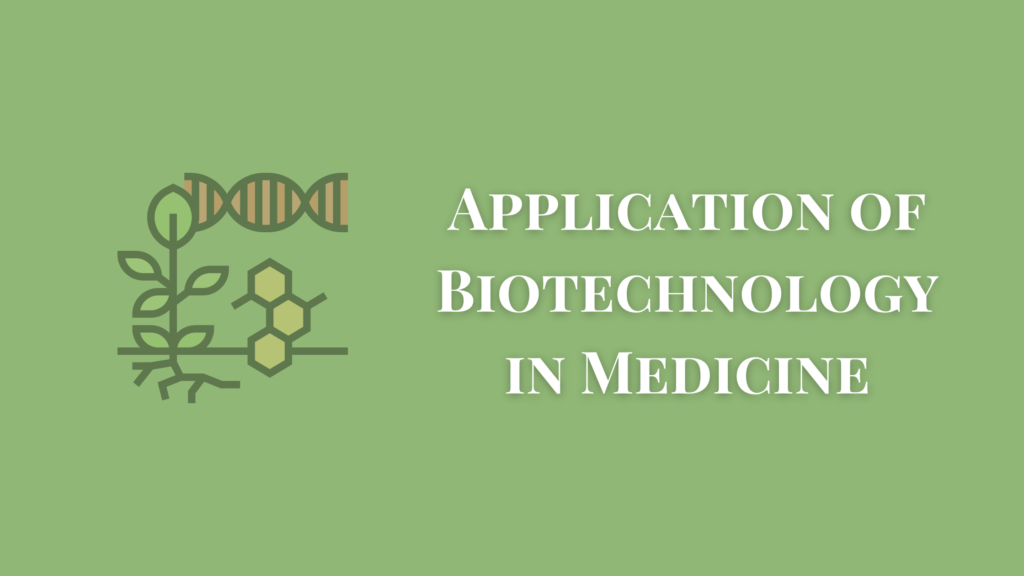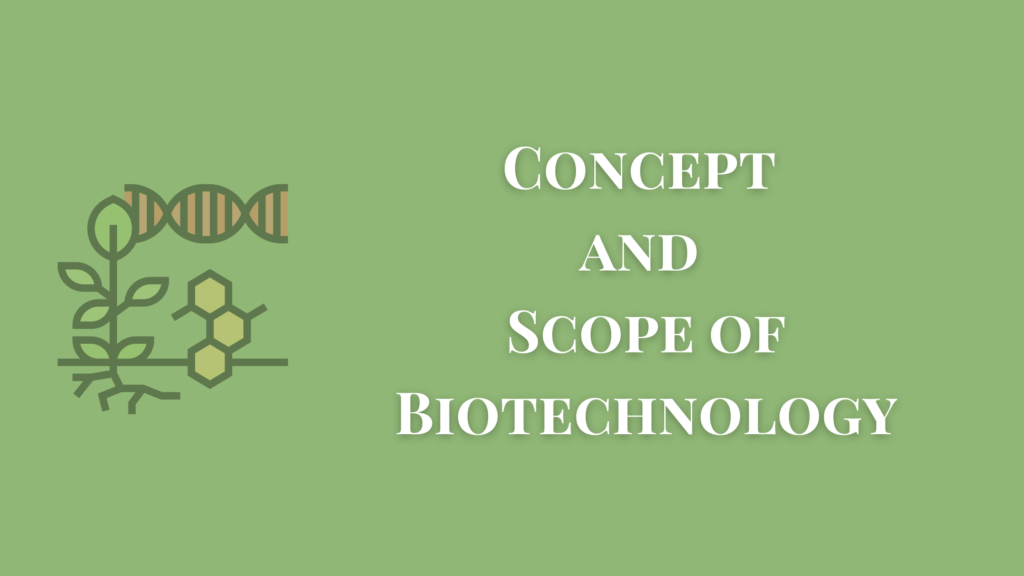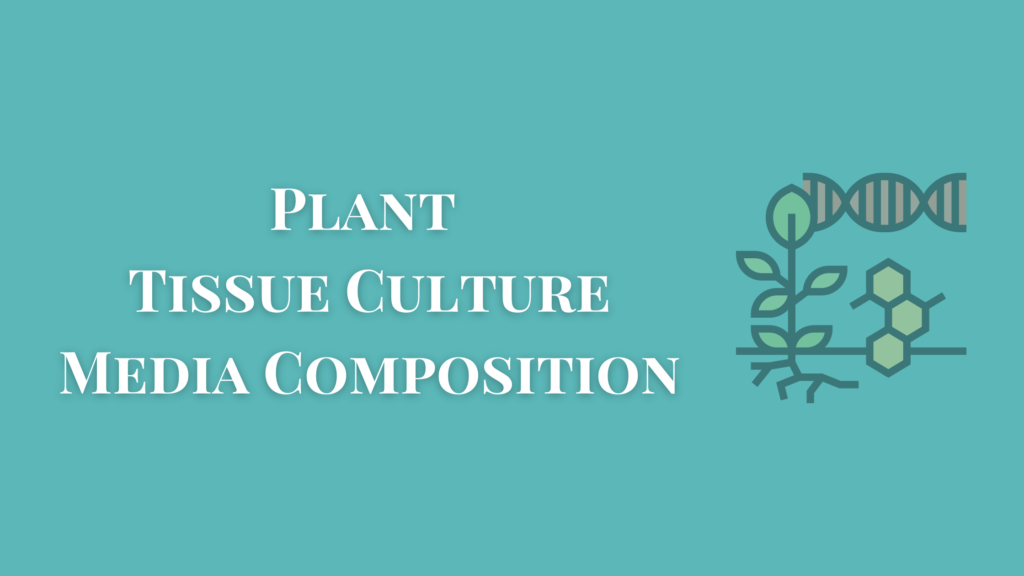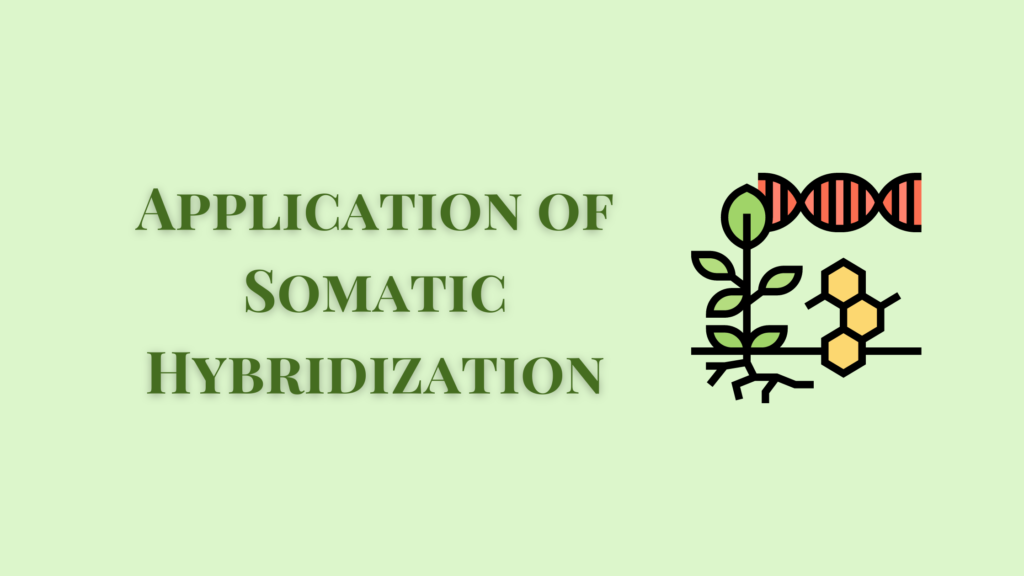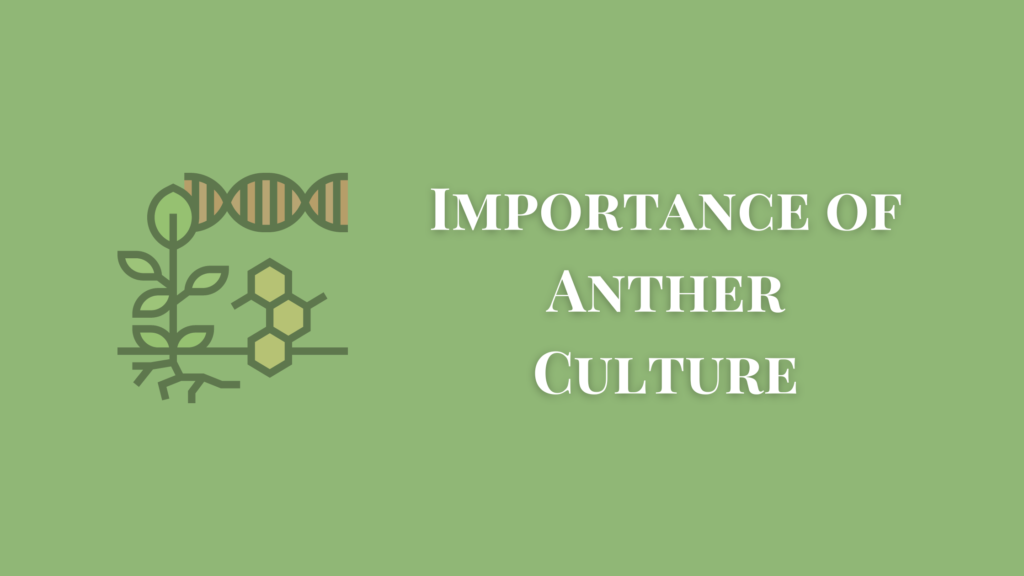Biotechnology has found a wide range of applications in medicine while dealing with diseases. Applications of biotechnology in medicine include prevention, diagnosis, and cure of diseases. Through human genetics, it has found its use in genetic counseling, diagnosis, and gene therapy as well.
In forensic medicine, it has already been used for the identification of individuals. The various applications of biotechnology in the field of medicine are given below.
Biotechnology in Animal and Human Health Care
Biotechnology is used in animal and human health care either directly or indirectly. The direct significance is in the manufacturing of nutritional food through single-cell proteins. The indirect usage is in the effort to overcome various diseases which can be discussed at four levels of manipulation.
- Providing immunity against diseases through vaccines.
- Diagnosis of a disease in the early stage of its onset.
- Treatment of diseases
- Fertility control
Applications of Biotechnology In Medicine
Treatment of Diseases
Biotechnology is used to manufacture pharmaceutical drugs for treating diseases and in gene therapy. Many drugs that were made by sacrificing animals in earlier times can now be manufactured without cruelty. Two examples of such drugs are insulin and interferons.
The gene for insulin is cloned in bacteria and is used in the synthesis of synthetic insulin. This is sold commercially. Similarly, half a dozen interferons are also being made using biotechnology which is used commercially.
Several proteins like urokinase factor, vitamin C, Human Growth Hormone, and many other drugs are made using this technique. HGH was made in 1985 for treating hypopituitary dwarfism. This was manufactured through recombinant DNA technique and was later approved for commercial marketing under the name phototropin in the USA and as a somatoform in the UK.
Drugs are now manufactured in bacterial cells in large quantities. Using corresponding genes from humans or animals and cloning through plasmid vectors in bacteria, the making charges of these drugs is now relatively cheaper.
Pharmacogenomics
Pharmacogenomics is the process of production of drugs according to the genomics of the patient. Diseases such as HIV, cancer, asthma, etc could be treated using this method. This branch of biotechnology studies the genomics of the patient and creates tailor-made drugs that have better chances of being effective than general medications.
Gene Therapy
If a child or an embryo is diagnosed to carry a defective gene leading to disability, it could be corrected through any of these methods.
- By replacement of defective genes with a hormonal gene.
- Correcting the defective gene through gene targeting
- Through increasing the number of copies of the gene or through a higher level of expression of the introduced gene.
Such correction of genetic defects is described as gene therapy.
Genes for vaccines and immunogenic substances
Vaccines are chemical substances prepared from the protein (antigen) of other animals that possess immunity to a particular virus. Some of the vaccines synthesized biologically are
- Vaccine for HBV- Hepatitis B Virus
- Rabies Virus vaccine
- Vaccine for Poliovirus
- Vaccine for foot and mouth disease
Genes associated with genetic diseases
In human beings, there are many cases where certain genes responsible for encoding enzymes are missing which results in genetic diseases or disorders. Gene therapy could be used to rectify a few such diseases.
Phenylketonuria
In diseased people, the defect will cause a failure in converting phenylalanine into tyrosine. This disturbs the metabolism leading to mental retardation. The possible cure for this defect is recombinant technology to correct the defect in the gene, which should be done in the early stage of pregnancy.
Urokinase genes
Urokinase is an essential enzyme that is involved with the dissociation of blood clots. The absence of this enzyme could have serious effects in humans. To correct the problem, urokinase is synthesized through genetic engineering in bacteria which has the urokinase genes.
Hemophilia genes
Hemophilia is a sex-linked disease in humans where normal blood clotting does not take place due to a deficiency of clotting factors. Using gene clone techniques the clotting factor gene can be cloned to rectify the problem.
Antibiotics
Recombinant DNA technology has helped in the increased production of antibiotics. Protoplast fusion technology of microbes for antibiotic production is widely used.
Fertility Control
Efforts have been made in the past to develop safe, efficacious, cost-effective, long-lasting, and reversible contraceptives for effective birth control.
Genetic Counseling
Genetic counseling is done for those with a higher chance of getting a child with genetic disorders. If there has been a case of genetic disease or disorder in the family, genetic counseling can help detect the chances and give proper guidance on how it can affect a family. It is also done for those who like to find out if people carry any particular genes for genetic disorders. Biotechnology is used in identifying any mutations or defects in the DNA sequences.
Applications of Biotechnology In Forensic Medicine
In forensic medicine, the main usage of biotechnology involves,
- DNA fingerprinting using minisatellite DNA
- Autoantibody fingerprinting using dipsticks
